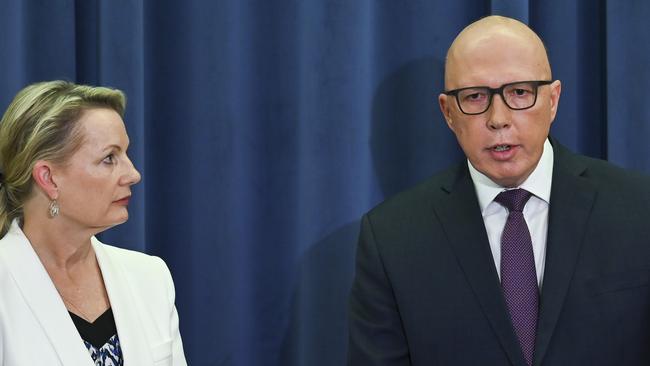
When the dust settles on a bruising six to seven-month campaign, success or defeat will test the authority of Albanese and Dutton. In Dutton’s case, an emphatic Yes vote would likely end his tenure as Opposition Leader. With the duo lining up for the Yes and No campaigns, the political contest will dominate debate over the wording of constitutional recognition and a formally enshrined national voice advisory body versus legislated regional and remote voices.
No referendum has succeeded without bipartisan support. But after Labor became the first government in 103 years to win a seat from the opposition in a federal by-election, Albanese is on a mission to prove history wrong.
The Australia that votes on the voice referendum in October or November is very different to the one that torpedoed the republic referendum in 1999. The rise of social media and growing antipathy to the major parties have up-ended the political landscape and made it more unpredictable than ever.
Under pressure from right-wing forces and the majority conservative rump inside the Liberal partyroom, Dutton has staked his leadership on campaigning against Albanese’s constitutional amendment empowering a voice to parliament with direct influence across all arms of government. Dutton called the Wed-nesday partyroom meeting to avoid the Coalition equivocating until a parliamentary vote on the constitutional amendment in June. The Aston result crystallised his belief the Liberal Party must stand for what it believes.
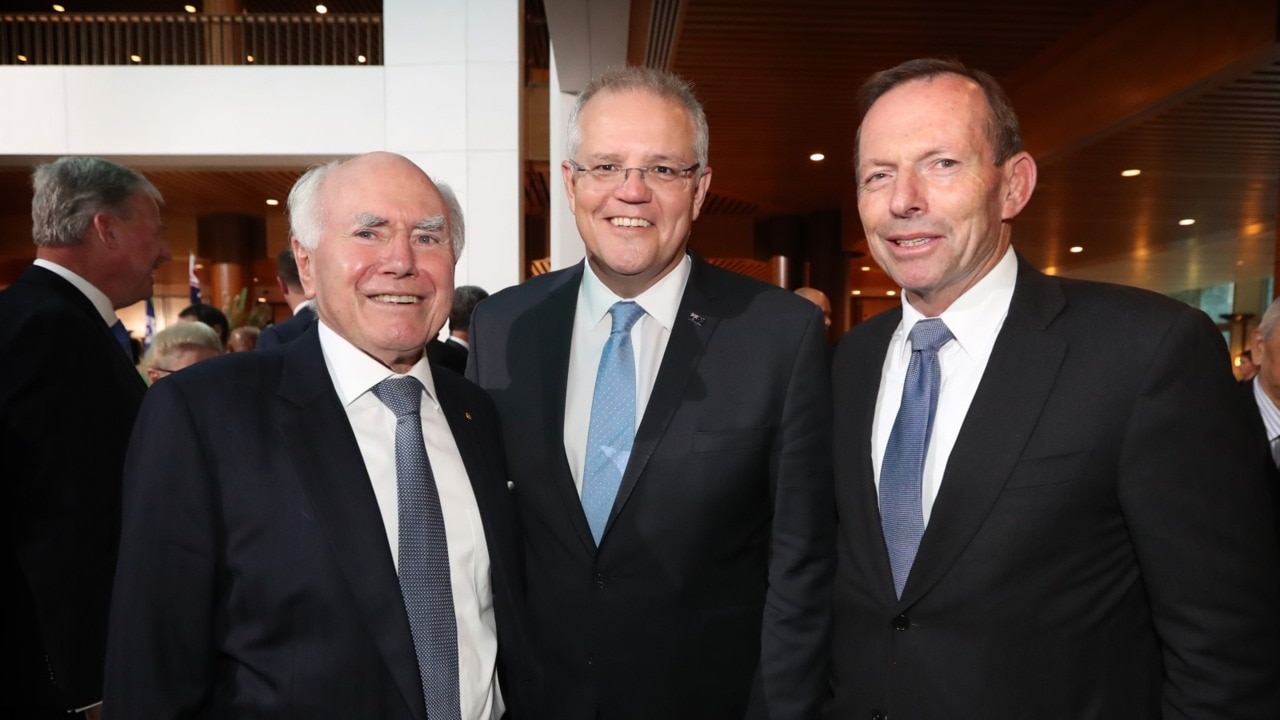
However, the lack of detail unveiled by the conservative Queensland MP has some Liberal MPs concerned. Dutton didn’t outline the Liberals’ preferred wording for constitutional recognition or how regional and remote voices would work.
The vague proposal, which is far removed from the advice of Indigenous leaders on the referendum working group, will be pulled apart by Labor.
Opposition legal affairs spokesman Julian Leeser, who attended the Canberra meeting before heading back to Sydney for the sundown start of the seven-day Jewish Passover holiday, was not present for Dutton’s media conference and didn’t release a statement. Leeser, an architect of the early concept of a voice to parliament who has come under pressure from Albanese and Indigenous leaders to break ranks, is not overly enthusiastic about the final Liberal position but will defend it on the grounds Labor’s constitutional amendment goes too far. Prominent moderate members of the opposition frontbench, who are not granted conscience votes, plan to prosecute the Liberals’ alternative model.
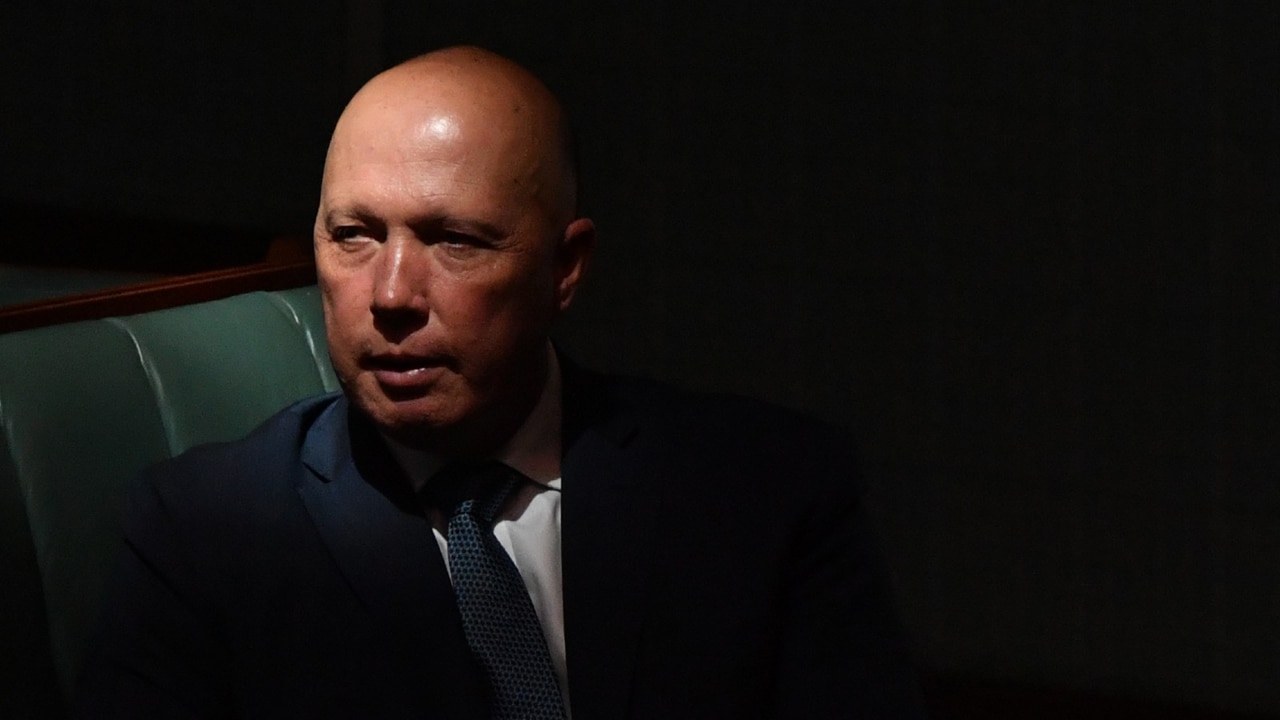
Tasmanian MP Bridget Archer and NSW senator Andrew Bragg, the biggest Liberal backers of a voice referendum, were isolated in the partyroom.
With backbenchers allowed conscience votes, Archer is expected to cross the floor in June to back Albanese’s constitutional amendment. Bragg will determine his position after a joint select committee reviewing the government’s legislation, of which he is a member, reports back next month.
After the disastrous Aston result, Dutton is racing the clock to make the Liberal Party relevant and competitive. With Scott Morrison expected to quit politics within months, Dutton faces a pre-referendum test in the southern Sydney seat of Cook. To avoid an Aston repeat, the Liberals are likely to draft high-profile Cronulla MP Mark Speakman for the must-win by-election.
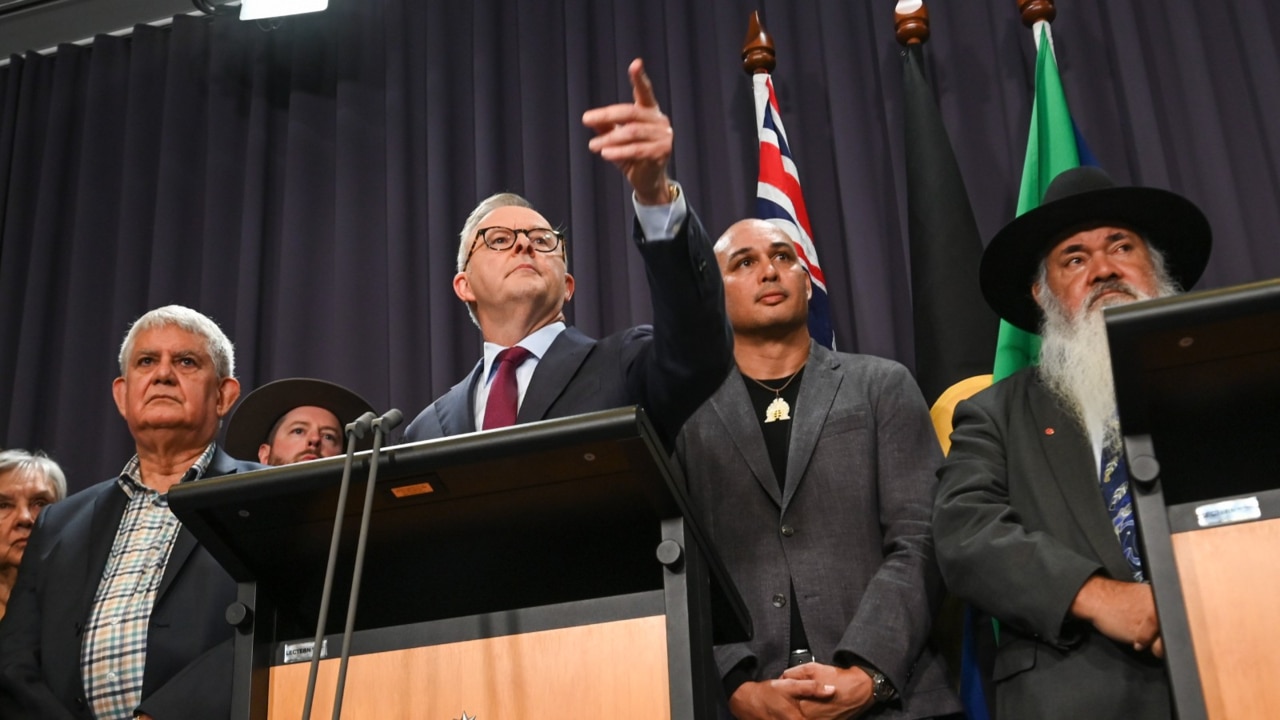
The No campaign, which is splintered, battling to match the spending power of the Yes side and believes it can’t win the popular vote, will pump resources into Queensland, Western Australia, South Australia and Tasmania in a bid to win a majority of states.
With Australians not yet fully engaged on the voice referendum and pollsters reporting soft voter sentiment in key states, the campaign looms as a big-spending, high-stakes and politically charged contest.


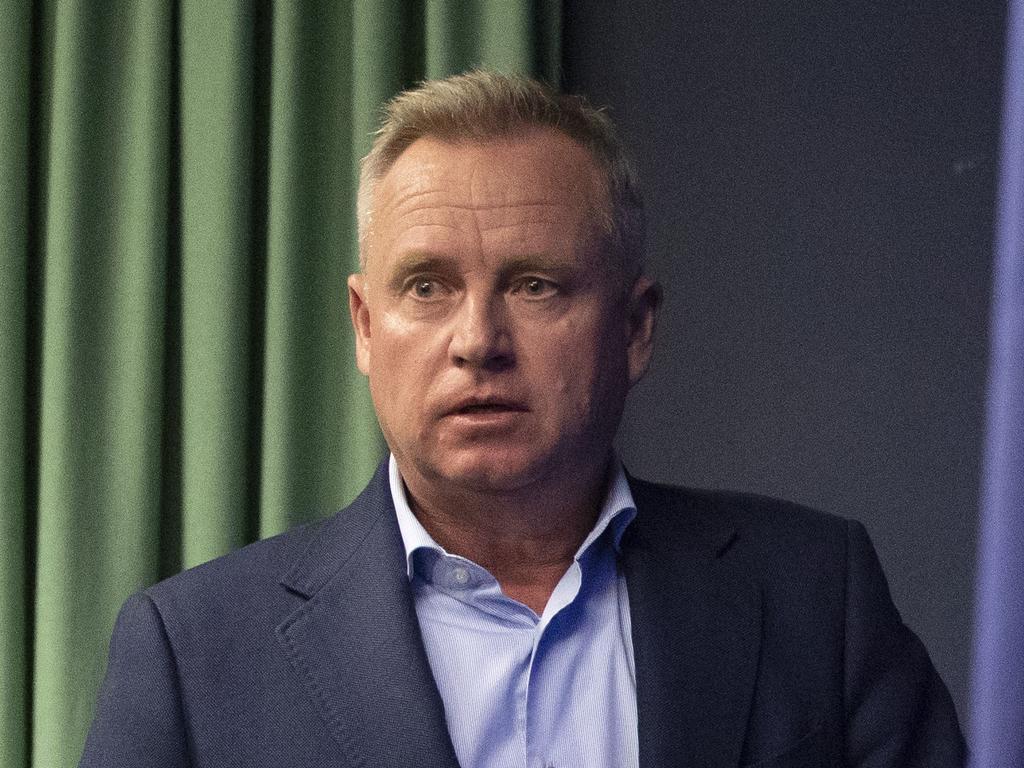
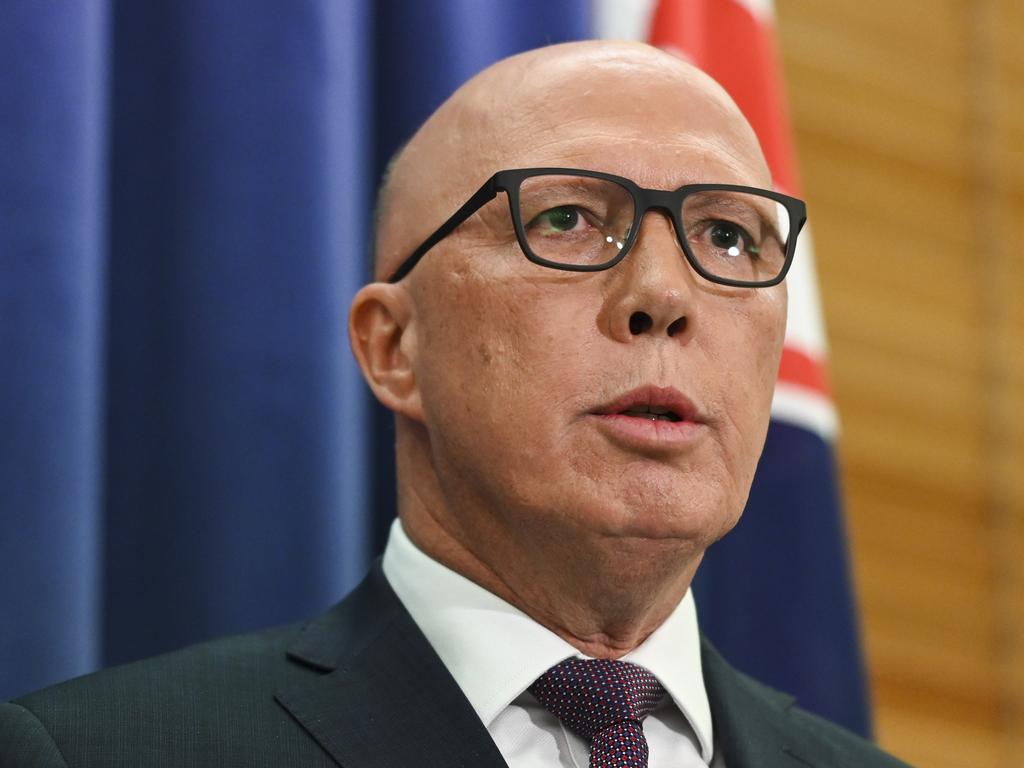

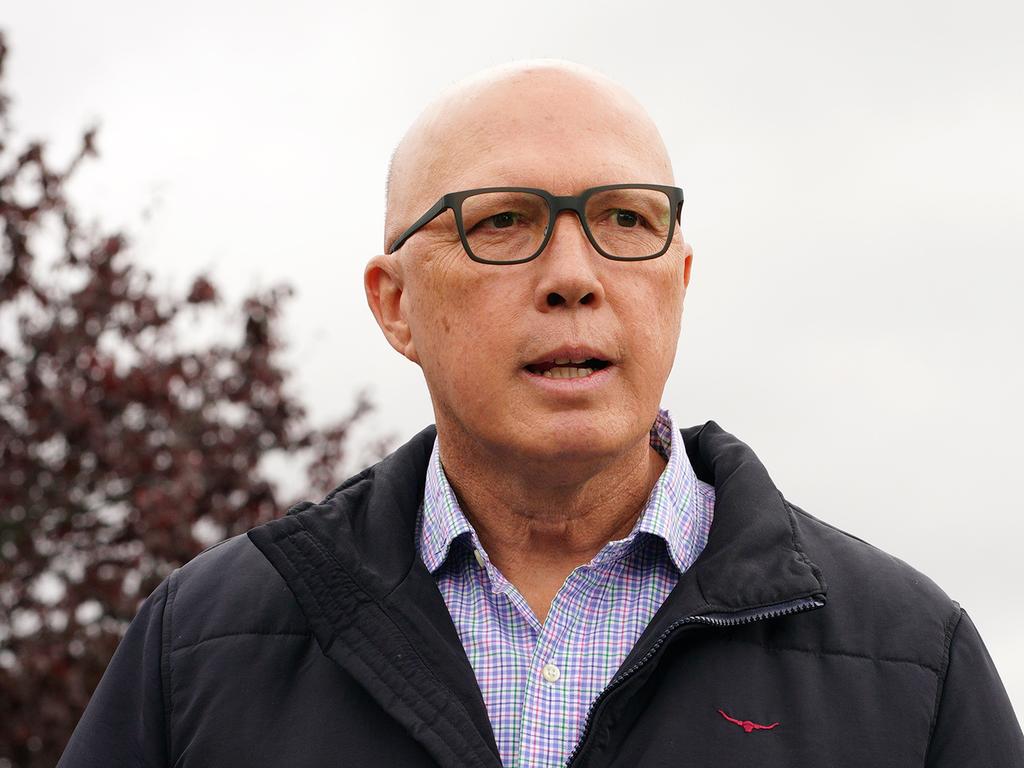

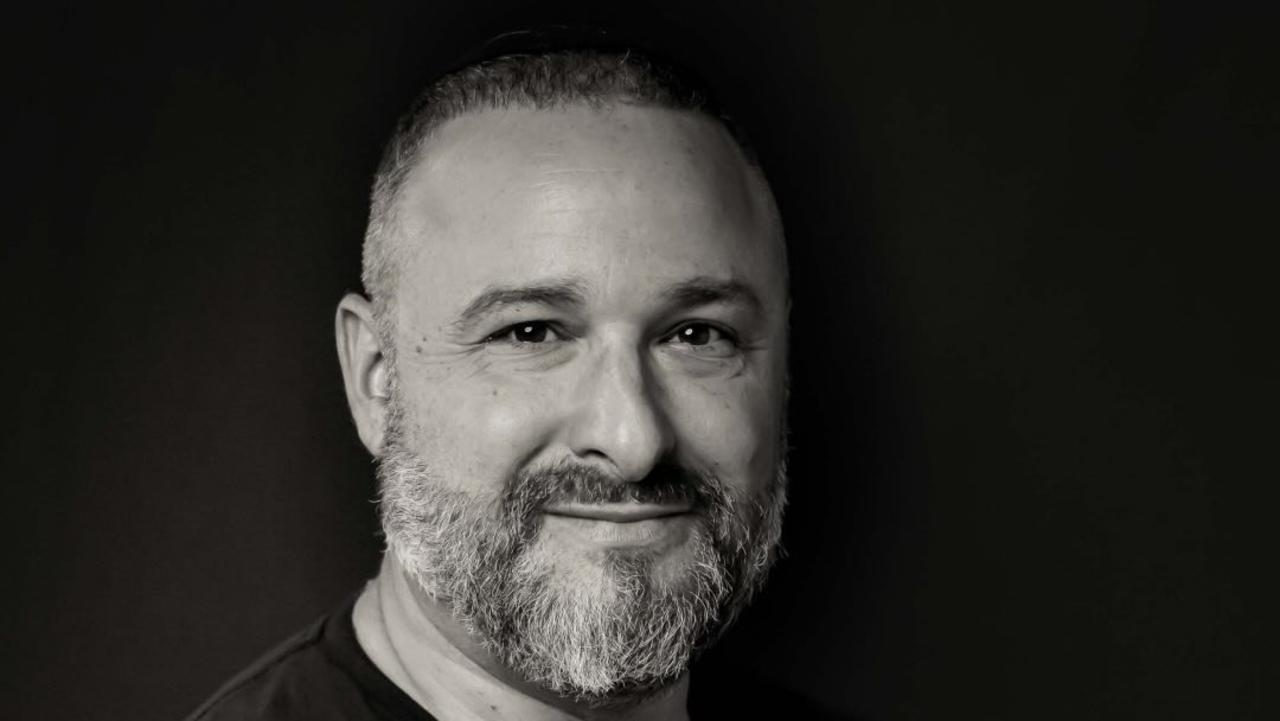
The battlelines over a constitutionally enshrined voice to parliament and executive government are now set, as Peter Dutton puts his leadership on the line in opposing Anthony Albanese’s voice referendum model.